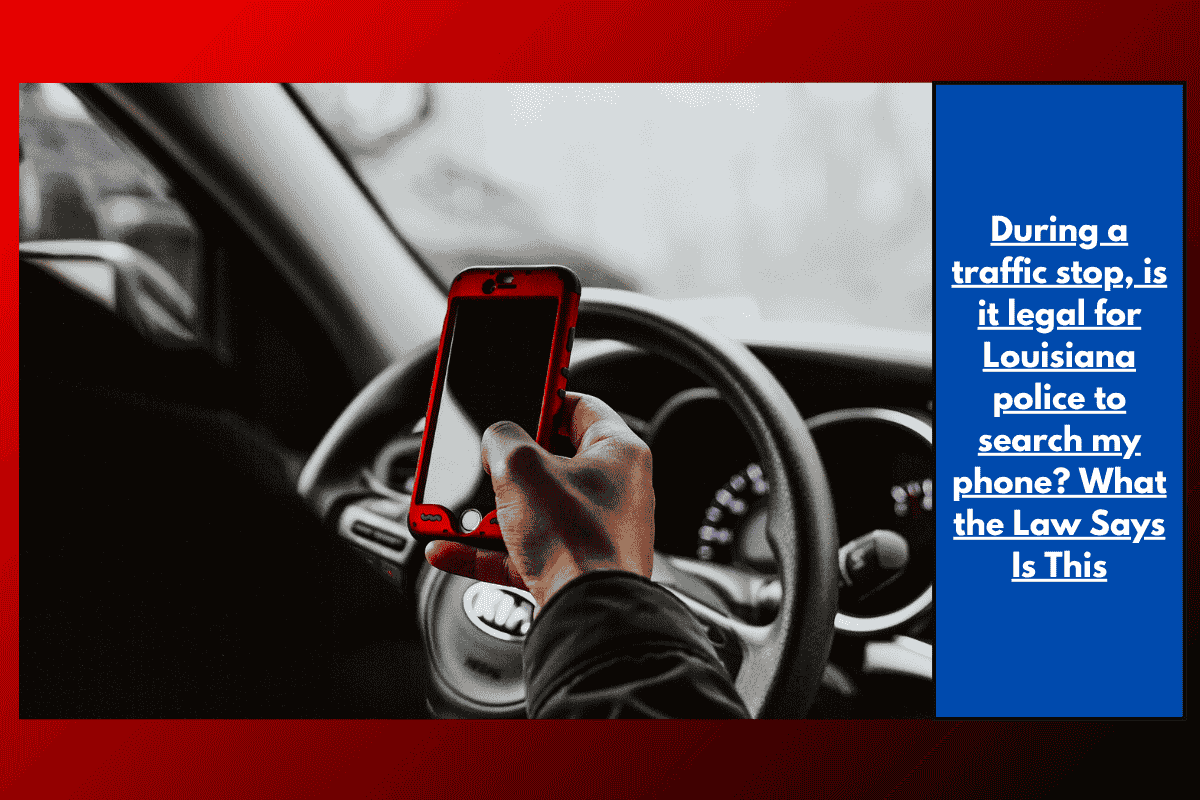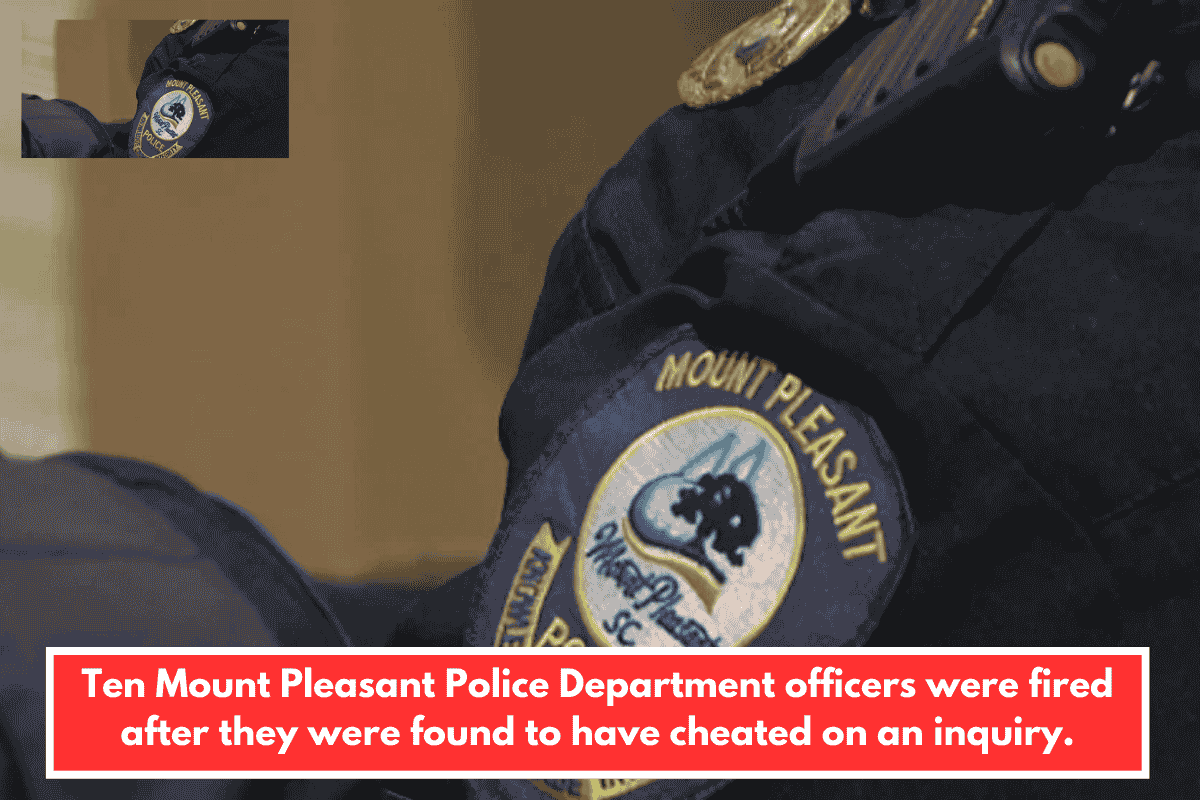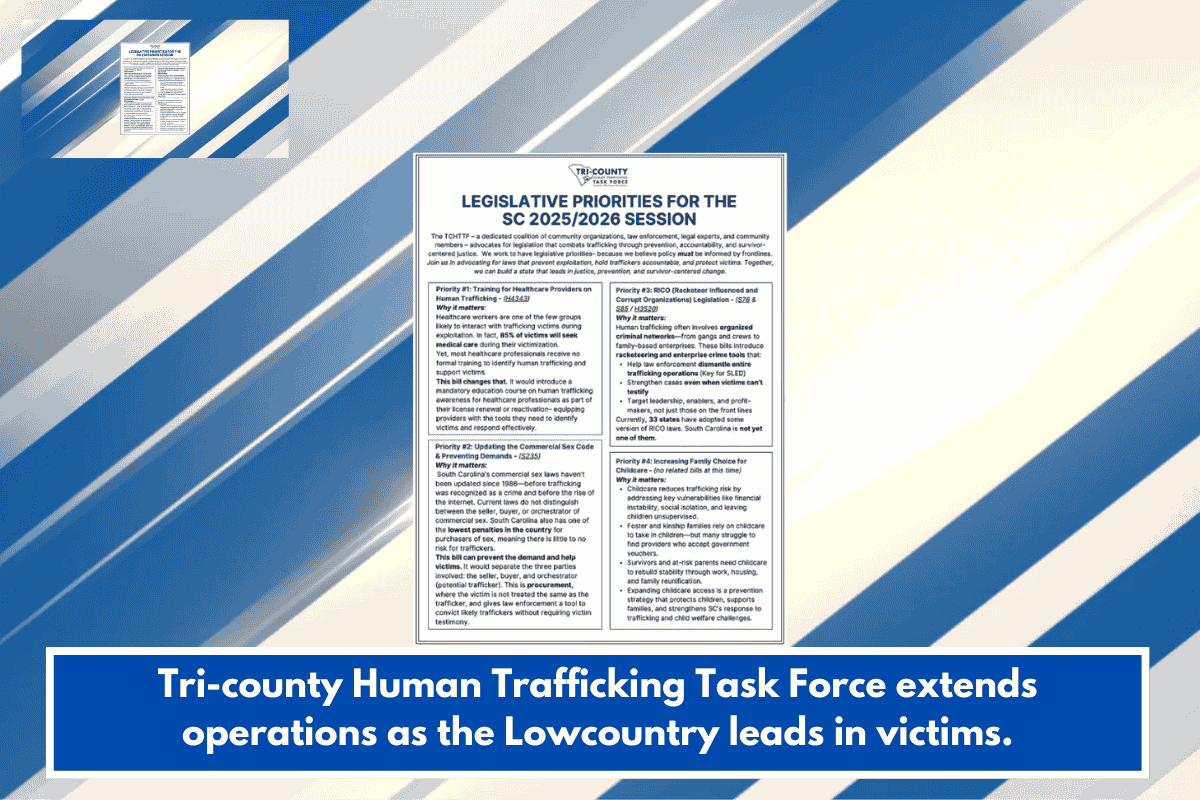When you’re stopped by the police during a traffic stop, you may feel nervous about your privacy. One common concern is whether the police can search your phone without your consent. In Louisiana, like the rest of the United States, there are specific laws governing police searches, including searches of electronic devices like phones.
In this article, we will break down the law surrounding phone searches during traffic stops in Louisiana and help you understand what the police can and cannot do.
The Right to Privacy and the Fourth Amendment
The Fourth Amendment of the U.S. Constitution protects citizens against unreasonable searches and seizures. This means that, generally, the police need a warrant or your consent to search your personal property, including your phone. However, there are exceptions to this rule that may allow police officers to search your phone during a traffic stop.
Consent
If a police officer asks to search your phone during a traffic stop, you have the right to refuse. The police cannot search your phone without your consent unless they have a valid reason, such as a warrant or an exception to the rule. If you refuse, they cannot legally search your phone without further justification.
Warrant Requirement
As a general rule, law enforcement officers need a search warrant to go through your phone’s contents. In Louisiana, this rule applies just like in the rest of the U.S. A warrant is usually required unless there’s an emergency or special circumstances. For example, if they believe your phone contains evidence related to a crime that’s happening at the moment or if they need to search for evidence that may be destroyed, they may be able to bypass the warrant requirement.
Exceptions to the Warrant Requirement
There are a few exceptions when the police can search your phone without a warrant during a traffic stop:
Search Incident to Arrest: If you are arrested during the traffic stop, the police may search your phone as part of the arrest process. However, this doesn’t mean they can go through everything on your phone. The search must be relevant to the arrest, and they cannot go into your private information without good cause.
Exigent Circumstances: If there’s an emergency situation, such as a risk that the phone could contain urgent evidence that could be destroyed, police may search your phone without a warrant. This is an exception to the usual rule that requires a warrant for a search.
Louisiana Law and Phone Searches
In Louisiana, state law follows the general principles of the U.S. Constitution when it comes to phone searches. Police need either your consent or a warrant to search your phone, and there must be a valid reason for searching it in the first place. Simply being pulled over for a traffic violation is not enough to allow a police officer to search your phone.
Louisiana courts have ruled that police officers must follow the standard procedures for searches and seizures, meaning that any search of a phone during a traffic stop should have a clear legal basis. Without a warrant or consent, a police officer’s search of your phone may violate your rights under the Fourth Amendment.
Can Louisiana Police Take Your Phone During a Traffic Stop?
Even if a police officer asks to take your phone during a traffic stop, they must still have a reason for doing so. If they believe the phone has evidence related to a crime, they might ask for your consent to take it or, if they have probable cause, they could seize it temporarily. However, they still cannot search the phone without a warrant unless there is an emergency or you agree to the search.
In Louisiana, the police cannot search your phone during a traffic stop unless they have a warrant or your consent. The law protects your privacy, and unless there are specific exceptions, such as an arrest or exigent circumstances, the police must follow the proper legal processes to search your phone. If you are unsure of your rights, it’s important to know that you have the right to refuse a search unless the police can justify it under the law.
Understanding your rights during a traffic stop can help protect your privacy and ensure that your constitutional rights are not violated.
SOURCES
[1] https://www.wwltv.com/article/news/local/louisiana-hands-free-driving-law-2025-no-holding-phone-while-driving-law-makers/289-9fdae3a9-ddb1-4d8d-a261-88c2a25b69f2
[2] https://lsp.org
[3] https://www.legis.la.gov/legis/ViewDocument.aspx?d=1404120
[4] https://www.legis.la.gov/legis/ViewDocument.aspx?d=1404113
[5] https://formerfedlawyer.com/2024/11/when-can-the-police-search-your-cell-phone-understanding-your-fourth-amendment-rights/














